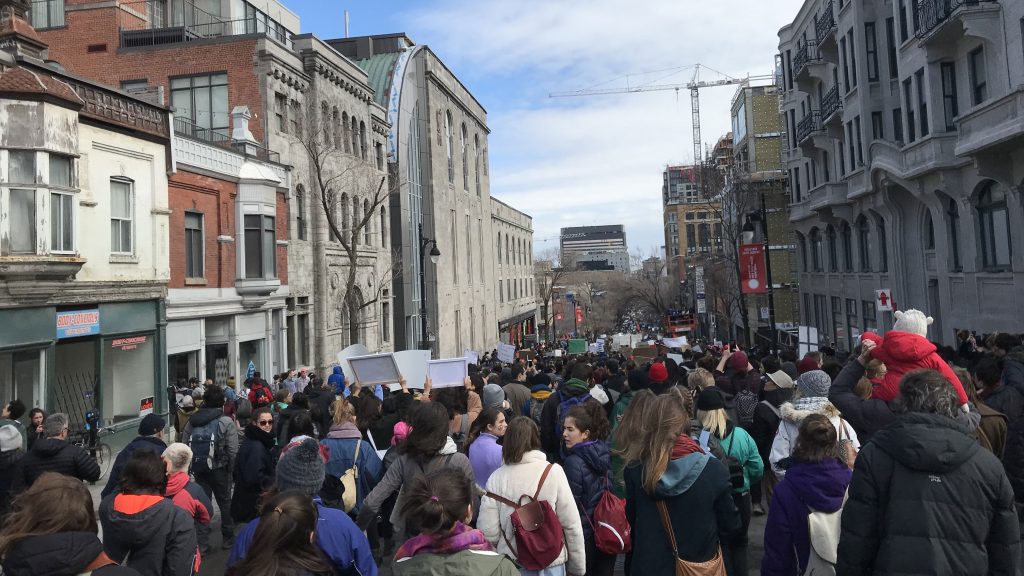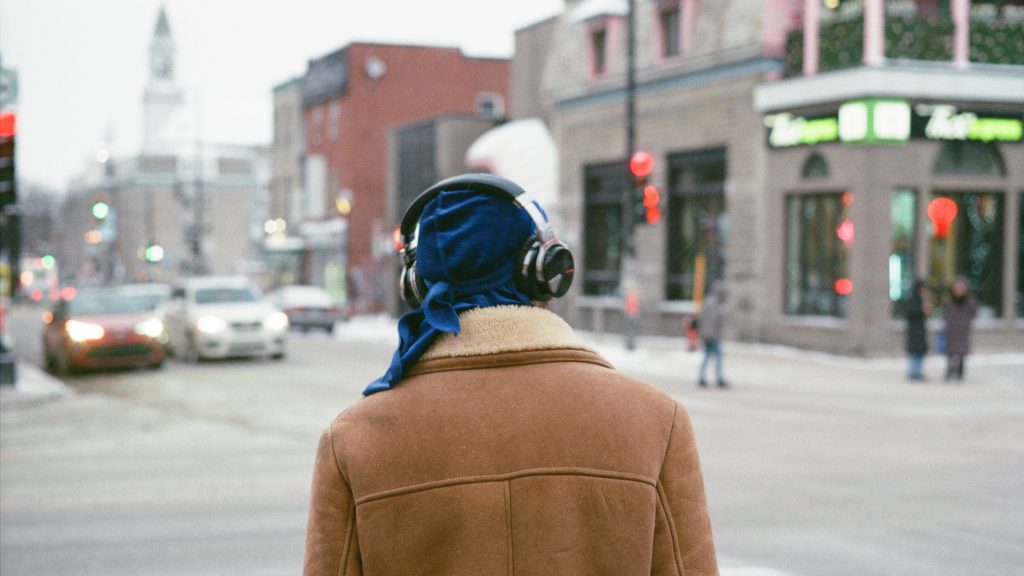
Collaboratoire Villes Voix Visions
VILLES (Cities) refers to the uneven and unequal production of urban space, how those most affected experience and contest such inequities, and how these contestations, in turn, transform urban space.

Collaboratoire Villes Voix Visions
VOIX (Voices) refers to the diversity of people and their experiences, and to their efforts to challenge dominant discourse, and reshape and reclaim their narratives.

Collaboratoire Villes Voix Visions
VISIONS refers to the alternatives proposed for more just, sustainable, anti-racist, and decolonial futures.
The Collaboratoire Villes Voix Visions or C3V (pronounced “sé – twa – vé”) uses participatory and creative methods to understand urban inequities and to present alternatives to help overcome them.
Inspired by critical and Indigenous approaches, drawing on particapatory methods, and focused on storytelling, the C3V collaborates with local grassroots partners engaged in various struggles for social and environmental justice to develop research projects that respond to communities’ expressed needs. Involving community participants as co-researchers at various stages of the research process, the C3V examines the ways those living on the frontlines experience, navigate, and contest the complex situations they face day to day, and how they conceive and promote alternative visions.
Comprising an audio recording and production studio, audio-visual equipment for use in the field, a meeting and workshop space dedicated to collaborative activities, and a student lab, the C3V is dedicated to centering the voices, stories, narratives, and representations of our partners and the communities they serve. In addition to contributing to theoretical debates in geography, urban studies, and Indigenous studies, the C3V disseminates co-created knowledge via a variety of accessible knowledge mobilization tools (including podcasts, A/V shorts, storymaps, and infographics) that can help raise public awareness of diverse realities and experiences. Research outputs may also help policymakers better understand the lived experiences and visions for the future of those they serve. All of this in pursuit of an underlying goal of fostering the empathy and understanding necessary for living together and articulating potential pathways for change.
Indeed, our fundamental goal with the C3V, in the end, is to contribute to the production of more just, sustainable, anti-racist, and decolonial cities and other urban spaces via the co-creation of knowledge.
Click here to consult our lending portal and for more information on our equipment and services.
«We cannot just resist, we have to re-exist»
Walter D. Mignolo et Catherine E. Walsh. 2018. On Decoloniality: Concepts, Analytics, Praxis. Duke University Press. Durham & London.
The C3V is located in the city of Montréal, on an island called Tio’tià:ke in Kanien’kéha and Mooniyang (Moniak) in Anishinaabemowin. We recognize that Montréal is located on unceded Indigenous territory. Many Nations, including the Kanien’kehá:ka and Anishinaabe, have important historical and contemporary relational bonds to this territory. Located at the heart of a vast network of waterways, it was long a site of gathering, exchange, and diplomacy before its occupation by Europeans. We recognize the continued presence of the Kanienkehá:ka Nation in this territory, its role in the history of the region and of the Saint Lawrence River, as well as the responsibility it assumes as guardians of the land and waters where Montréal is located. We also recognize that a diversity of First Nations, Inuit and Métis, as well as Indigenous people from across the Americas (or Abya Yala) and beyond, live in Montréal where they build their own territorialities and participate in the production of urban space. Recognizing the territory where we are located, as well as our individual and collective links to the violence of settler colonialism and slavery is both a moral obligation and a modest but important step in our efforts to build a more just world.
